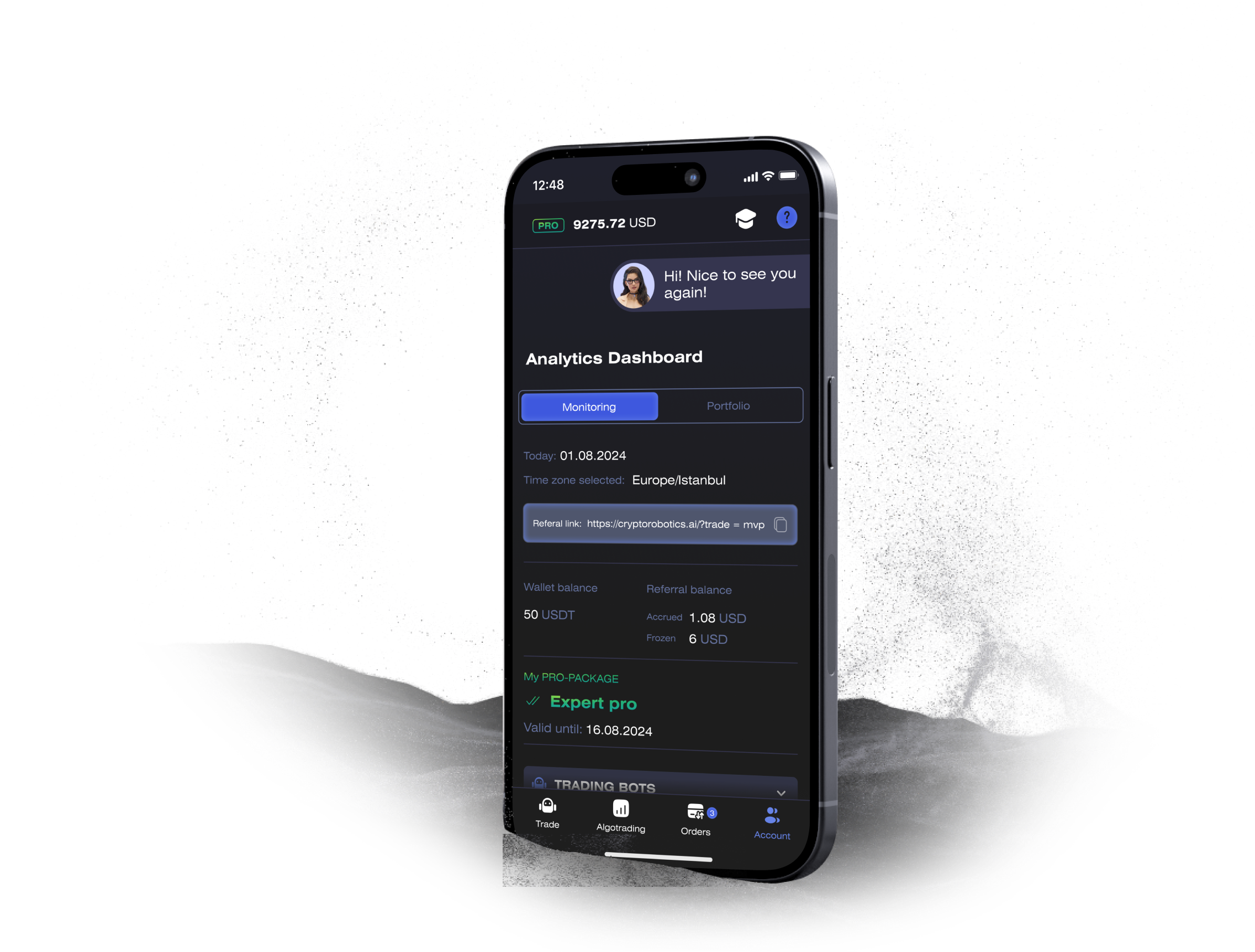Published: December 19, 2024 at 3:45 am
Updated on December 19, 2024 at 3:45 am


Picture this: the U.S. government holding Bitcoin as a national reserve asset. It sounds crazy, but it might actually be something we need to consider. This potential move could change the way we look at the dollar and the entire financial system. As the crypto spot market continues to evolve, there are implications for everyone involved in crypto, especially crypto traders in the USA.
Countries around the world are starting to warm up to the idea of including Bitcoin, a cryptocurrency with limited supply, in their reserves. The potential benefits are intriguing and the risks are real. The Federal Reserve has made it clear that its stance on Bitcoin isn’t likely to change anytime soon.
During a conference, Powell underscored that the Federal Reserve can’t hold Bitcoin based on current law. It hasn’t stopped Bitcoin’s price from dropping 2.1% after an announcement that interest rates will be cut. Obviously, cryptocurrency and trading are highly susceptible to things like regulatory and monetary policy changes.
The idea of a U.S. Bitcoin reserve has distinct advantages. For one, it could instill more confidence in the stability of the dollar. Holding a cryptocurrency with a fixed supply makes it a pretty credible asset. And let’s be real, the dollar could use a little extra love at this juncture. If the U.S. Treasury held Bitcoin, it might actually offset inflationary pressures, stabilizing the dollar’s exchange rate.
Then there’s the whole global leadership aspect. Holding Bitcoin could reaffirm the U.S. position in the global finance game. And as a response to de-dollarization, the U.S. could buy up a piece of the Bitcoin pie to counteract countries moving away from the dollar.
There’s also the matter of the U.S. national debt, which is no small issue. This approach could show that the U.S. government is trying to keep things sound and might even lead to better borrowing rates.
But of course, there are downsides. Bitcoin is super volatile. Its price can swing wildly, which could lead to instability. Remember how quickly its price dropped after Powell’s speech? There’s also a whole host of legal uncertainties surrounding custodial and ownership rights of Bitcoin.
Some analysts argue that a strategic reserve may just replicate the financial imbalances we already have. The risk of contagion from the crypto sector is another major concern. And let’s face it, the safety and soundness of dealing in cryptocurrency on public chains is definitely open to question.
Globally speaking, central banks are pretty much against cryptocurrencies as reserve assets. They want something stable, and cryptocurrencies don’t fit the bill. The World Bank has noted that crypto-assets fail to meet the criteria for reliable reserve assets.
What about CBDCs, you ask? There is definitely more enthusiasm for these. You can see it in places like the Bahamas, which have had success with their digital currencies. But here in the U.S., we are nowhere near a CBDC consensus.
We are also still experimenting with CBDC research.
Could a U.S. Bitcoin reserve bolster confidence in the dollar? It’s possible. But don’t forget that Bitcoin isn’t exactly the safest bet. The Fed’s approach shows they are not taking any chances with this highly volatile asset. The future role of cryptocurrencies and CBDCs in national reserves will be hotly debated in the coming months.
Access the full functionality of CryptoRobotics by downloading the trading app. This app allows you to manage and adjust your best directly from your smartphone or tablet.

News
See more



Blog
See more